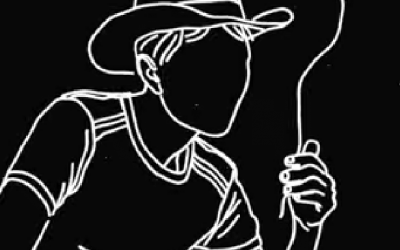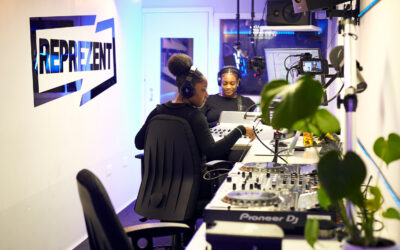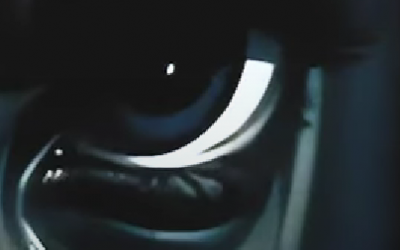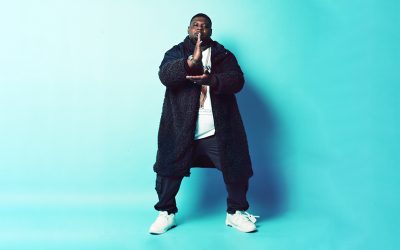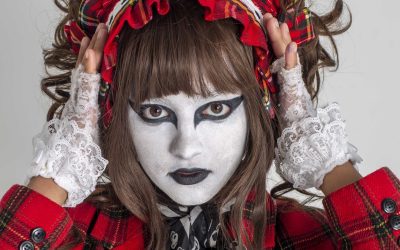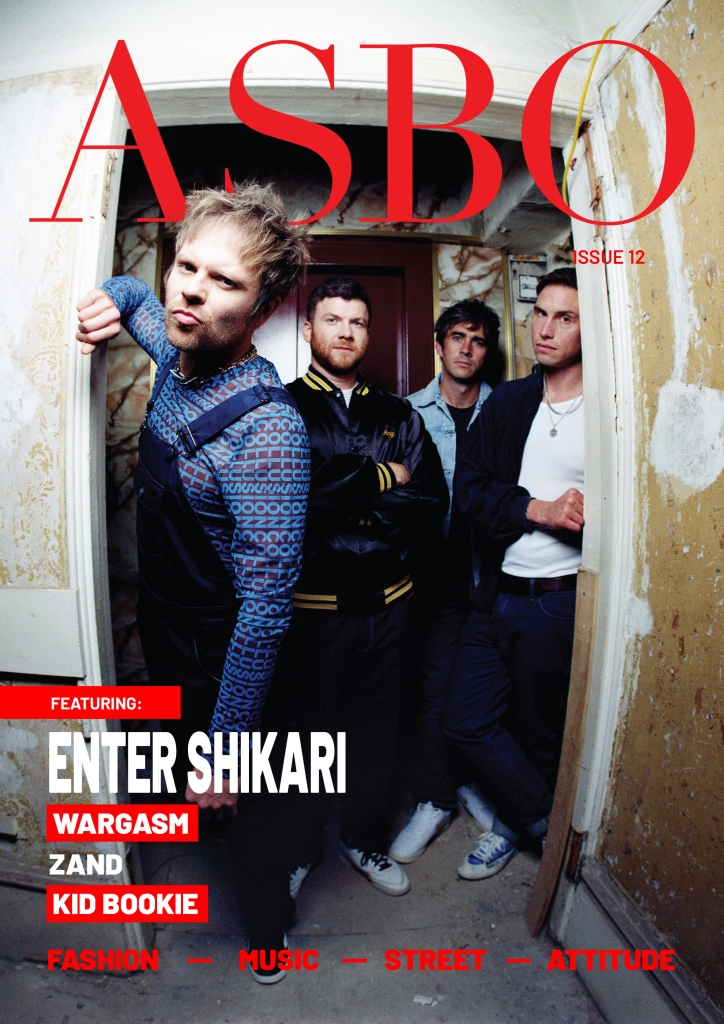Through her journey Dashy proves that, no matter the challenge, the power of music can always lead to transformation; and that real change, both in music and in the world, starts with community.
Words: Theo Thompson. Image: Orson Salha/Anushk Holding
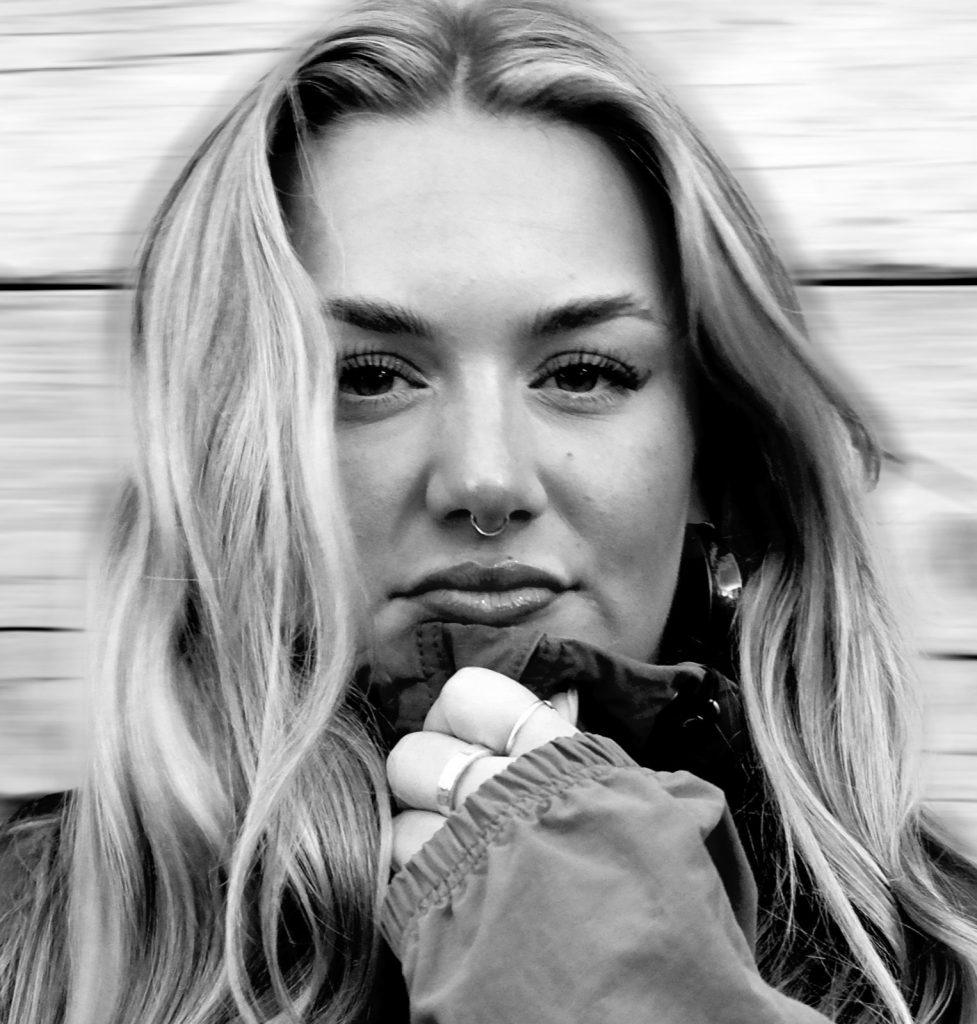
From childhood kitchen dance parties to building a label that’s challenging industry norms, Dashy embodies the power of music to transform not only individuals but entire communities. In our conversation, her clarity, resilience and profound sense of responsibility stood out to me distinctively. Her journey is not just about breaking into the music scene, but about reshaping it for future generations.
Growing up in a home where music was always alive, Dashy was immersed in a diverse array of sounds. “Music was always playing, there was very much an element in my house of like, music bringing people together,” she recalls. Her mother’s love for 70s Disco and rhythm and blues, alongside her father’s influence of U2 and Pink Floyd, laid the foundation for her eclectic taste. “It drew me to the more soulful kind of sound,” explaining how her early exposure to such varied music shaped her unique approach to sound.
Her classical training as a pianist and cellist provided her with a technical foundation, though it was her rebellious spirit that propelled her forward. “I was more a classically trained pianist… but I was like, boring,” Dashy laughs, reflecting on how she outgrew the rigid structures of classical music. By the time she was in school, she was singing and writing her own music, charting a path towards a career in the creative industries.
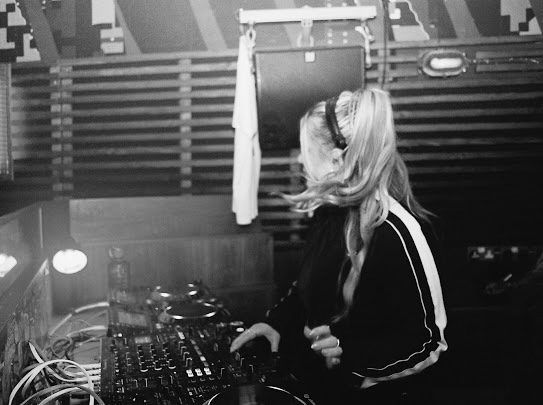
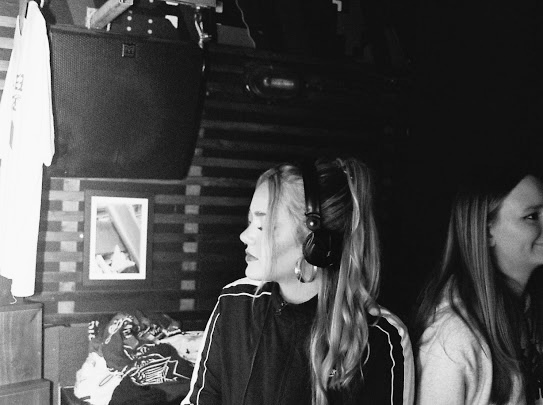
However, her journey into the DJ world didn’t follow a straight line. After the pandemic hit, Dashy bought herself a small set of decks. “I saw more and more girls popping up and I was like, that’s sick. I want to do that,” she says, self-teaching herself during lockdown. Her mother’s cancer diagnosis during this time further pushed Dashy to pursue her passion. “Life isn’t guaranteed… I need to do this for myself, I need to do it for my mum,” Dashy shares, with a quiet intensity that underscores the driving force behind her music.
Having moved to Manchester at 17 and later Bristol to attend BIMM music college, Dashy found herself navigating an environment where she was often the only woman in the room. “I was one of three girls in my whole year… 92% male,” she recalls. The lack of support for women in the industry became immediately apparent. “Men found it really difficult to take me seriously. I’d be asking them for sets… and it was always like, maybe next time,” she says, her voice calm yet frustrated. “I had a lot of comments… ‘Do you know where the sync button is?’ That kind of stuff. It’s happened so much.”
But instead of allowing this gender-based marginalisation to hinder her, Dashy channelled her experiences into activism. She co-founded the collective BadBitchDubz at BIMM, a space for women and non-binary DJs to connect, learn and grow together. “We weren’t educated ourselves, but it was still giving each other a space to try DJing,” she explains. What started as a community-building initiative blossomed into a label, with a powerful ethos centred on lifting up underrepresented voices in music. “I felt a responsibility to overcome stuff like that, for the girls in the collective,” illustrating her commitment to not only advancing her own career but also supporting others along the way.
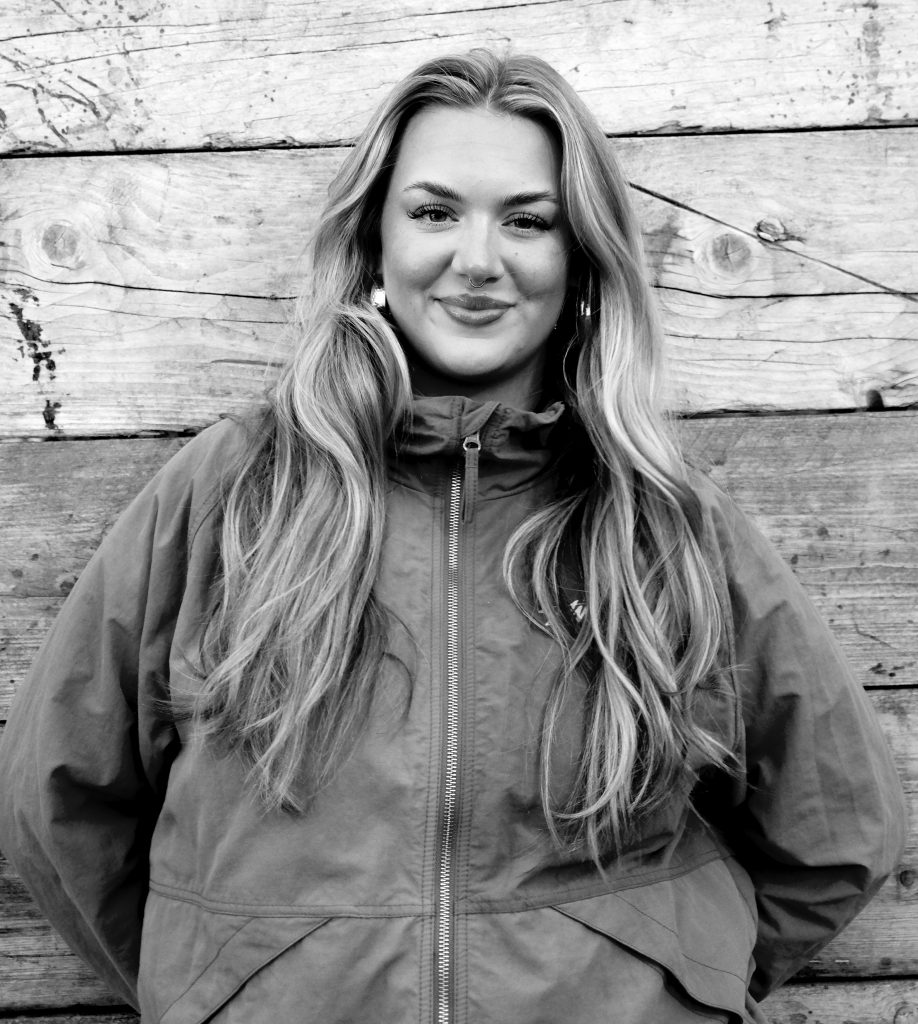
The gender disparities Dashy faced didn’t end in the classroom or the DJ booth. “I was always the only girl on the lineup,” she reveals. Tokenism in the industry, where women are often booked just to fill a diversity quota, remains rampant. “Why are your lineups all white male artists?” highlighting the industry’s deep-seated issues with representation. Furthermore, she notes, “Pay difference… I have to battle a lot of the time to get my fee now.”
Despite the obstacles she faces, Dashy refuses to dwell on the frustrations of the industry. “Being angry at the industry is just a waste of time,” she reflects, focusing instead on building a more inclusive music scene. She envisions a future with “compulsory plans in place for safer spaces for women and non-binary artists” and believes that achieving equality requires more women in leadership roles: “More female promoters, label owners… there won’t be space for these misogynistic, narrow-minded men anymore.” Central to her journey are mentors like Dr. Dubplate (Yanis) and Gaia (G33/GirlsDontSync), whose guidance has been pivotal. “Yanis constantly pushes me to hold myself to a higher calibre,” crediting him for helping her recognise her worth. She also praises Gaia for instilling confidence in her, noting that both Yanis and Gaia lead by example, creating environments that prioritise positive change. For Dashy, long-term success in the industry isn’t about fame, but about staying true to something bigger than oneself. “It’s easier now to become famous or successful, but the people who will last are those who care about something meaningful,” emphasising the importance of passion and integrity in art.
Looking ahead, Dashy’s vision is one of sustained change. She hopes that BadBitchDubz will play a pivotal role in shifting industry norms. “I’d like BadBitchDubz to have had a significant effect on the industry, tackling gender norms,” she says. Her mission extends beyond creating a successful label; it’s about empowering others through workshops, mentorship and offering opportunities for underrepresented artists.
Dashy’s journey is a testament to perseverance and the power of community. Her story isn’t just about overcoming personal hurdles; it’s about creating a path for others to follow, one built on inclusivity, respect and the shared joy of music. As she reflects on her younger self, she smiles. “12-year-old me didn’t care about a lot. I was very much of the mindset that my life would just work out. Life put me through the wringer a little bit, but I found comfort in DJing. It gave me so much drive and passion.”
Through her journey Dashy proves that, no matter the challenge, the power of music can always lead to transformation; and that real change, both in music and in the world, starts with community.



